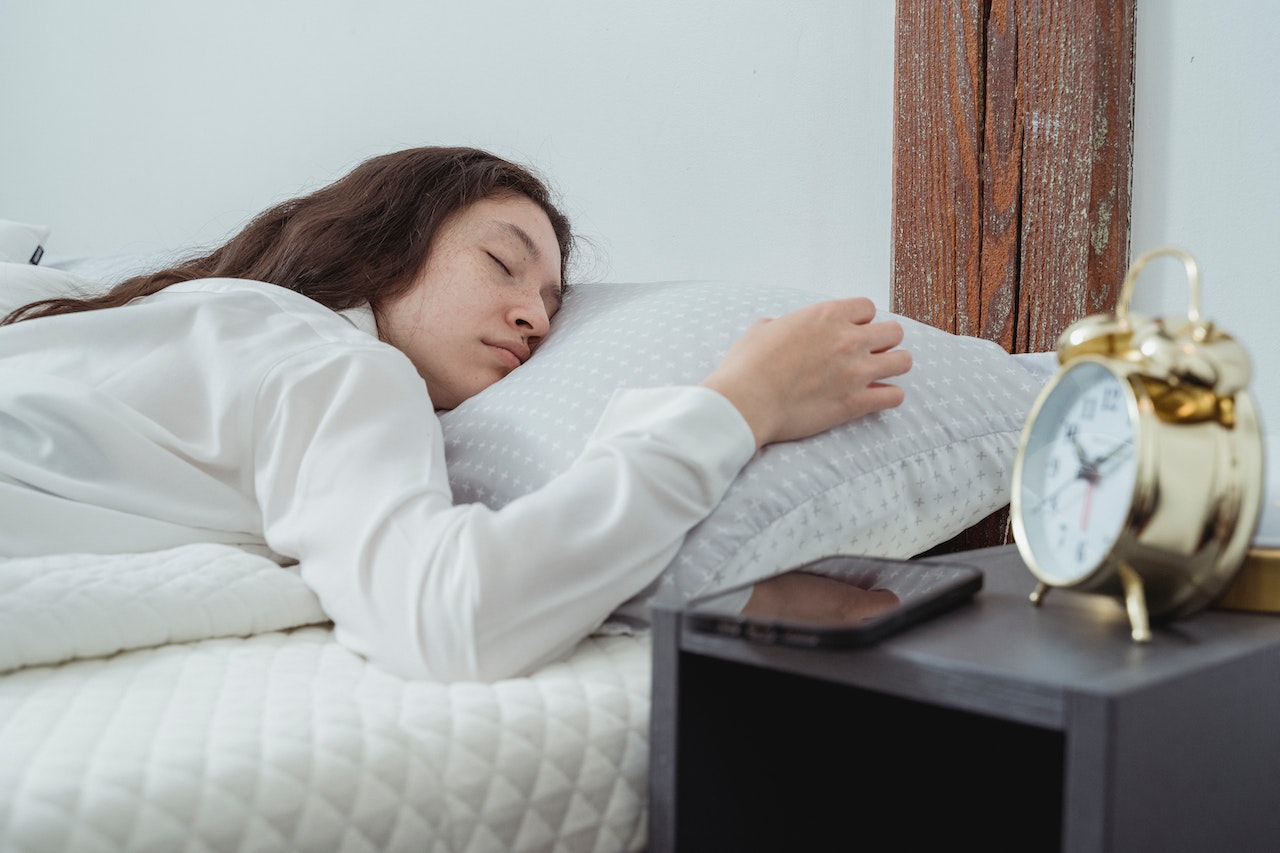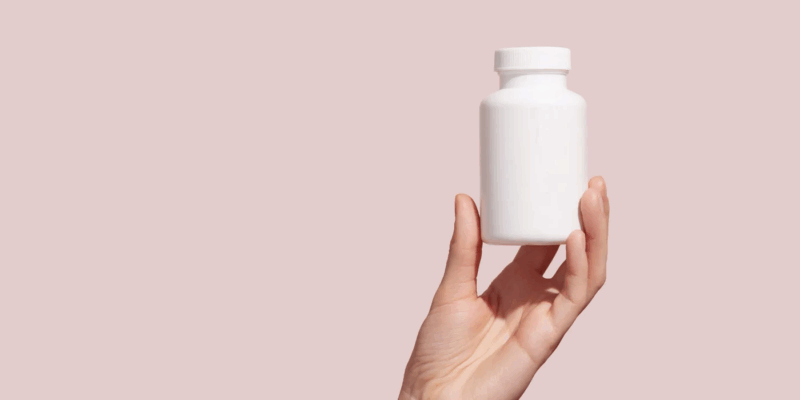
All I Want to do is Sleep on my Days Off
I get it. We’ve all been there, right? On your days off, the only thing you’re dreaming of is a full day in bed catching up on sleep. The importance of naps often goes unnoticed, but they can be an absolute game-changer for our health and overall well-being.
There’s something incredibly appealing about spending your free time wrapped up in the comfort of your blankets, completely undisturbed by the world outside. It’s not just laziness or lack of motivation that makes us yearn for these moments; our bodies genuinely need this rest to recharge and function optimally.
Consider this: when I say “all I want to do is sleep on my days off,” what I’m really saying is that I understand how crucial rest is to my body. By prioritizing naps and quality sleep, we’re giving ourselves a fighting chance against stress, fatigue, and burnout. So next time you find yourself longing for that nap on your day off, don’t fight it – embrace it!
Unraveling the Mystery of Sleep
Ever wondered why “All I Want to Do is Sleep on My Days Off?” Well, it’s not just about being lazy or catching up on your favorite series. The truth is, there’s a science behind our bodies’ need for rest, specifically naps.
Sleep isn’t just a time when your body shuts down. Instead, it’s an active period during which vital processing, restoration, and strengthening occur. Our brains are incredibly active while we sleep – consolidating memories and making connections between experiences we’ve had throughout the day. So when you say, “all I want to do is sleep,” you’re essentially saying that you value this crucial process.
Research also shows that taking regular naps can have significant benefits for our health and well-being:
- Increased alertness – A study by NASA found that pilots who took 40-minute naps improved their performance by 34% and their alertness by 100%.
- Enhanced mood – Napping releases serotonin in the brain, which lifts our mood and plays an essential role in preventing depression.
- Improved memory recall – A study published in Neurobiology of Learning and Memory discovered that people performed better on memory tests after taking a nap.
So next time you find yourself wanting nothing more than to sleep on your days off, remember the importance of naps. They’re not just a luxury but rather a necessity for maintaining good health and productivity. And although society often views sleeping during the day as laziness or unproductivity, it’s time we recognize its true worth: an investment in ourselves.

The Science Behind Napping
Ever wondered why you yearn for those precious moments of shut-eye on your days off? I’ll tell you, it’s not just about catching up on lost sleep; it’s a lot more than that. Napping isn’t simply a luxury; it’s an essential part of our well-being. Let’s delve into the science behind napping and understand why all we want to do is sleep on our days off.
First things first, when we nap, our brain goes through a series of stages similar to nighttime sleep. These stages include light sleep, rapid eye movement (REM) sleep, and deep sleep or slow-wave sleep. Short naps primarily consist of light and REM sleep which are great for quick energy boosts. On the other hand, longer naps will involve some amount of deep sleep which aids in physical recovery.
Here are some brain-boosting benefits associated with napping:
- Improvement in alertness
- Enhancement in mood
- Boosted creativity
- Enhanced memory
| Benefit | Impact |
| Alertness | Increases attention span |
| Mood | Reduces stress & anxiety |
| Creativity | Enhances problem-solving techniques |
| Memory | Improves recall |
But don’t just take my word for it; several scientific studies back these claims too! A study by NASA found that a brief nap — say about 40 minutes long — can improve performance by as much as 34%. Another research from the University of Michigan linked mid-afternoon naps with improved patience, reduced impulsiveness and even better mood.
Now here comes the interesting part: humans are actually biologically programmed to nap during the day! Our circadian rhythm (the body’s internal clock) naturally dips during early afternoons creating what scientists call “sleep gates”. So if you’re feeling sleepy post-lunch, blame it on your body’s innate design!
So, the next time you find yourself craving sleep on your day off, don’t resist it. Embrace the nap! Your brain will thank you for it.










